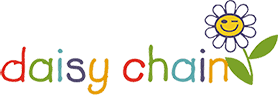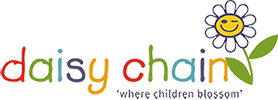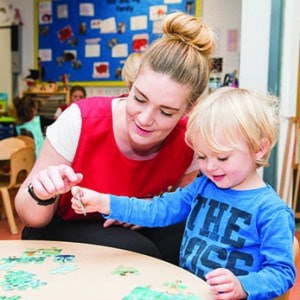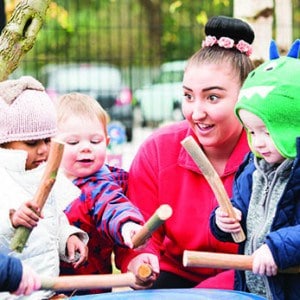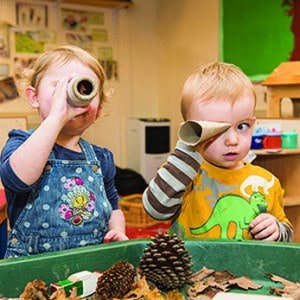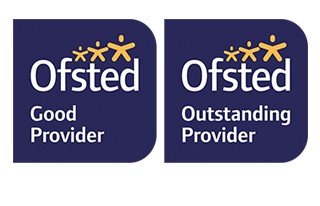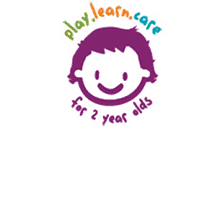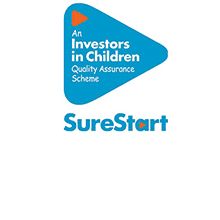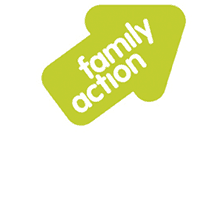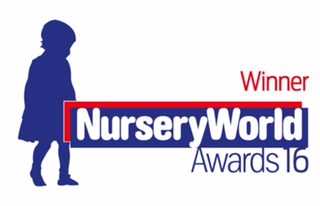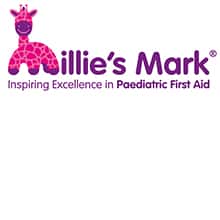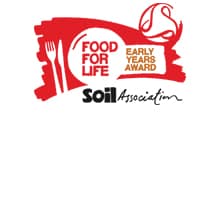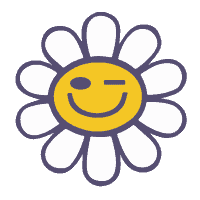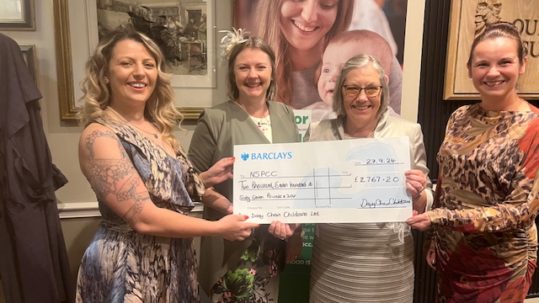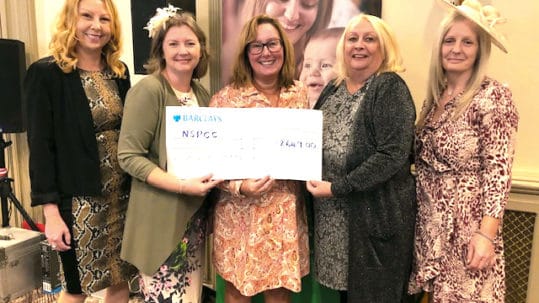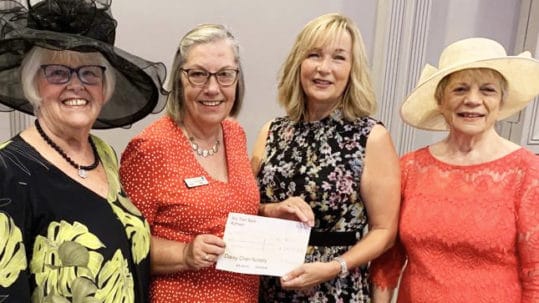The Early Years Foundation Stage
We take our lead from the Early Years Foundation Stage curriculum (EYFS), which supports children from birth to five years. The EYFS is a play-based curriculum that allows children to explore and learn in an environment that is safe and secure, yet challenging. Using this curriculum, our skilled workforce offers play opportunities that are non-stereotypical and available to all children, promoting teaching and learning through play.
Your child will be learning skills, acquiring new knowledge and demonstrating their understanding through 7 areas of learning and development: 3 prime areas and 4 specific areas.
The 3 prime areas are particularly crucial for igniting children’s curiosity and enthusiasm for learning, and for building their capacity to learn, form relationships and thrive. These three areas, the prime areas, are:
- Communication and language
- Physical development
- Personal, Social and Emotional development
As babies & children grow, the prime areas will help them to develop skills in the 4 specific areas.
These are:
- Literacy
- Mathematics
- Understanding the world
- Expressive arts and design
Combined, these 7 areas are used to plan your child’s learning and activities. Our staff team will make sure that the activities are suited to meet your child’s unique needs. This is similar to a curriculum in primary and secondary schools, but it’s suitable for very young children, and it’s designed to be really flexible.
Communication and Language
We provide opportunities for children to experience a rich language environment; to develop their confidence and skills in expressing themselves; and to speak and listen in a range of situations.
Physical development
We provide opportunities for children to be active and interactive; and to develop their co-ordination, control, and movement. Children are helped to understand the importance of physical activity, and to make healthy choices at meal times.
Personal, social and emotional development
We encourage children to develop a positive sense of themselves, and others; to form positive relationships and develop respect for others; to develop social skills and learn how to manage their feelings; to understand appropriate behaviour in groups; and to have confidence in their own abilities.
Literacy
We encouraging children to link sounds and letters and to begin to read and write. Children are given access to a wide range of reading materials (books, poems, and other written materials) to ignite their interest.
Mathematics
We provide children with opportunities to develop and improve their skills in counting, understanding and using numbers, calculating simple addition and subtraction problems; and to describe shapes, spaces, and measures.
Understanding the world
We provide guidance to help children make sense of their physical world and their community through opportunities to explore, observe and find out about people, places, technology and the environment.
Expressive Arts and Design
We enable children to explore and play with a wide range of media and materials, as well as providing opportunities and encouragement for sharing their thoughts, ideas and feelings through a variety of activities in art, music, movement, dance, role-play, and design and technology.
Our staff team observe the different ways that children learn and reflect on these Characteristics of Effective Learning when planning and guiding activities.
Characteristics of Effective Learning
Playing and exploring
Engagement – Finding out and exploring – Playing with what they know – Being willing to ‘have a go’
Active learning
Motivation – Being involved and concentrating – Keeping trying – Enjoying achieving what they set out to do
Creating and thinking critically
Thinking – Having their own ideas – Making links – Choosing ways to do things
If you would like to know more about the EYFS visit: www.direct.gov.uk/eyfs
For a Parents Guide to the EYFS visit:
http://www.foundationyears.org.uk/files/2015/09/4Children_ParentsGuide_Sept_2015v4WEB1.pdf
